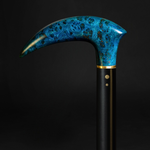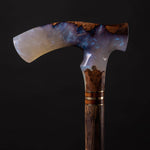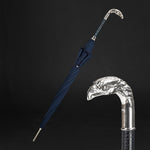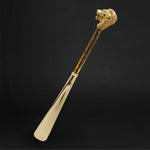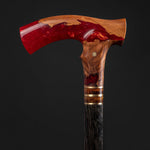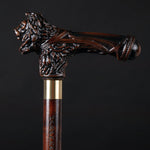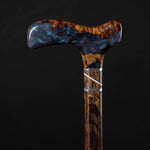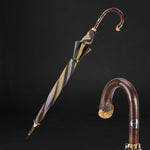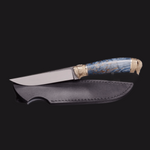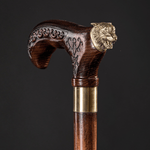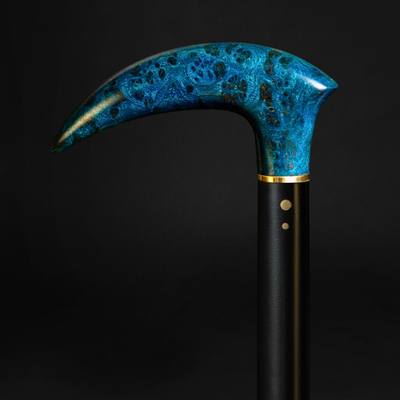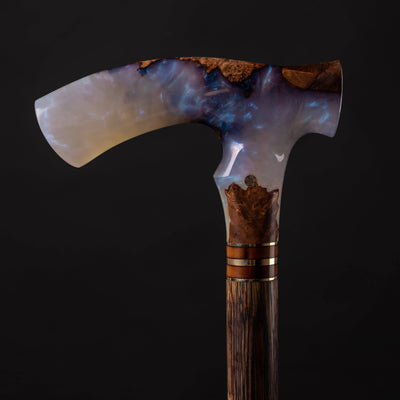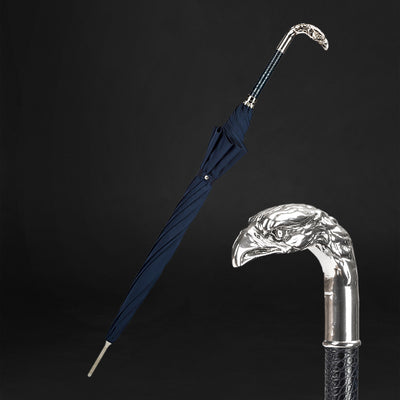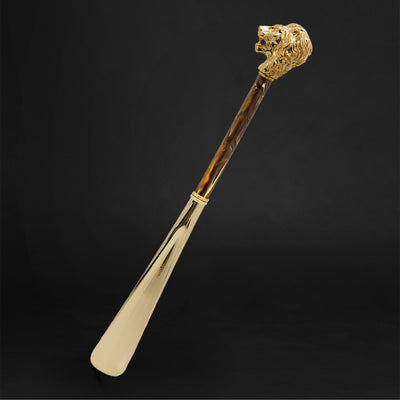You have no items in your shopping cart.
Recent Posts
-
Store Walking Canes Upright When Not In Use
-
Why an Elegant Cane Is a Thoughtful Gift for Loved Ones?
-
The Art of Christmas Design: Walking Canes That Celebrate the Season in Style
-
How an Ergonomic Walking Cane Handle Prevents Hand and Wrist Strain?
-
How to Walk With a Cane Correctly to Avoid Back or Shoulder Strain?
-
5 Common Mistakes People Make When Buying a Walking Cane (and How to Avoid Them)
MOST POPULAR NOW
15
Apr
Once viewed purely as mobility aids, canes are now taking center stage as stylish accessories that speak to personality, heritage, and refined taste. The evolution of the walking cane—from a utilitarian object to a designer statement—mirrors a broader movement in fashion: the blending of functionality with high design.
Welcome to the new era of walking—where each step is a reflection of individuality, sophistication, and timeless elegance.
The art of walking: how designer canes are redefining personal style
A brief history of the walking cane
Throughout history, canes have served not only as supports but also as status symbols. In the 17th and 18th centuries, gentlemen of high society often carried elaborately carved walking sticks made from rare woods, precious metals, or adorned with gemstone handles. Today’s designer canes draw inspiration from this legacy—reviving the charm of a bygone era and reimagining it for modern lifestyles.
From utility to elegance
Contemporary cane makers blend form and function with artistic craftsmanship. Here’s how designer walking canes are redefining personal style:
1. Handcrafted designs that tell a story
Luxury canes often feature handcrafted details—carved handles, engraved shafts, or intricate inlays—making each piece a small work of art. Artisans use premium materials such as linden wood, oak, ebony, brass, silver, or resin to create visually striking and durable pieces.
2. A fusion of tradition and modern aesthetics
Designer canes bridge the gap between classical refinement and modern minimalism. Whether you prefer a vintage-style skull handle or a sleek, polished chrome knob, today’s canes cater to both the traditionalist and the trendsetter.

3. Gender-neutral and inclusive fashion
Gone are the days when canes were seen as purely masculine accessories. Many designers now offer collections tailored to women or crafted in unisex styles. Gracefully curved handles, artistic patterns, and balanced proportions make them elegant and accessible for everyone.
Why designer canes are rising in popularity?
Fashion meets function
In an age where personal style is an extension of identity, individuals are embracing accessories that serve a purpose and make a statement. A well-designed cane enhances an outfit—be it formalwear or smart-casual—and adds a touch of intrigue.
Collectible value
Designer canes are often produced in limited editions or handmade runs, giving them unique collectible appeal. They’re not just mobility aids—they’re heirlooms, conversation starters, and reflections of refined taste.
Redefining aging and accessibility
Designer canes challenge outdated perceptions about aging and mobility. By turning assistive devices into luxury fashion items, they empower users and promote self-expression at every stage of life.

Choosing the right designer cane
When selecting a designer cane, consider the following:
-
Material: Hardwood canes (like oak or ash) offer strength, while carbon fiber and aluminum deliver lightweight durability.
-
Handle shape: Derby, Fritz, crook, or sculpted ergonomic handles provide different grips and styles.
-
Height & balance: Proper sizing ensures comfort and support—many luxury cane brands offer customization.

Notable styles leading the movement
-
Raven-head carved canes – Gothic, bold, and ideal for everyday wear
-
Silverplated handles with gemstone accents – Regal and striking
-
Linden wood painted canes – Lightweight, artisan-made, and timeless
-
Goldplated or brass designer canes – Opulent and eye-catching for formal events
These styles combine craftsmanship with originality, allowing wearers to own an accessory that’s both practical and personal.
Final thoughts
The art of walking is being redefined by those who refuse to let mobility limit their expression. Designer canes invite us to embrace individuality, challenge conventions, and celebrate craftsmanship. Whether you're seeking elegance, empowerment, or a new form of self-expression, a well-made walking cane can be more than support—it can be your signature.
Also Purchased
-
Beige Walking Cane for Ladies Chamomile Flower, Wooden Walking Stick
Introducing our beautiful Beige Walking Cane for Ladies with Chamomile Flower, a Wooden Walking Stick that is hand carved and handmade, making it both pretty and unique. This walking cane...$99.00$87.45 -
Black Skull Head Walking Stick, Wedding Ceremony Designer Skull
Looking for a stylish and unique walking stick to elevate your look at your next event? Check out our Black Skull Head Walking Stick, the perfect accessory for any wedding...From $238.70 -
Exotic Burl Wood Walking Cane – Fashionable Artisan Stick
A sculptural statement in deep, oceanic blue — this walking cane is more than a support accessory, it's wearable art. Meticulously hand-shaped from stabilized burl wood, the handle evokes the...$467.50 -
ArtWalkingSticks™ MAGIC Walking Cane, Handmade - Make to Order
This piece of art is created for those who value details. We make one of a kind, handcrafted wood and resin canes. Our Wooden Canes are completely unmatched in creativity....$473.00 -
Umbrella with Eagle Handle, Fashion Umbrella For Men
Make a bold and fashionable statement with our Umbrella with Eagle Handle - a unique and functional accessory designed for men. The striking eagle handle is the highlight of this...$357.50 -
Fashionable Lion Shoehorn Long Handle, Pearly Brown Shaft, Handmade
Introducing our Fashionable Lion Shoehorn, a handcrafted, long-handled shoe horn with a pearly brown shaft that's both stylish and practical. The intricate Lion design adds a touch of elegance to...$264.00
















